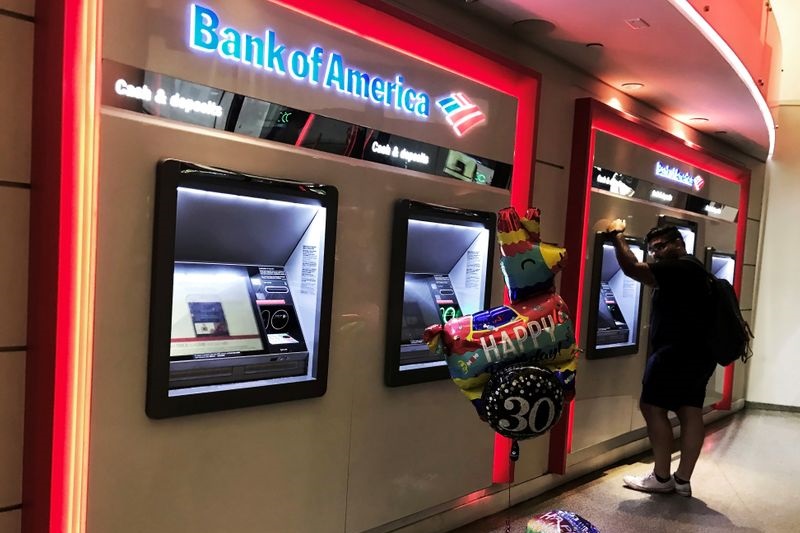© Reuters
Last weekend, customers of several major U.S. banks experienced deposit delays due to a glitch in a banking processing system. The issue, which was linked to the Electronic Payments Network associated with the Automated Clearing House (ACH), impacted banks such as Bank of America, U.S. Bank, Truist, and Chase Bank.
The Federal Reserve identified the problem on Friday, with bank customers expressing their frustrations on social media platform X, using hashtags like #Rentner and #Housing. Banks promptly notified customers about these delays while ensuring account security.
The Clearing House, which clears $2 trillion in transactions daily, confirmed that the delays were due to a “manual error” that notably impacted direct deposit and autopay transactions involving mortgage and utility payments. Greg MacSweeney, spokesman for The Clearing House, attributed the problem to a file glitch on Thursday night that impacted less than 1% of U.S. daily filings.
Customers voiced their anxieties on X, demanding prompt access to their deposits. In response, banks assured customers of account safety and pledged to update balances upon deposit receipt.
Analysts from LendingTree highlighted the potential severe consequences of such delays for those relying on autopay for credit cards or ‘buy now, pay later’ loans in their comments to CNBC.
Despite the disruption, a Bloomberg article referred by Bank of America stated that the issue had been resolved. However, the total number of affected bank customers remains unknown.
Major banks including Bank of America, Truist, and Wells Fargo directed queries to The Clearing House.
This article was generated with the support of AI and reviewed by an editor. For more information see our T&C.
Read the full article here
